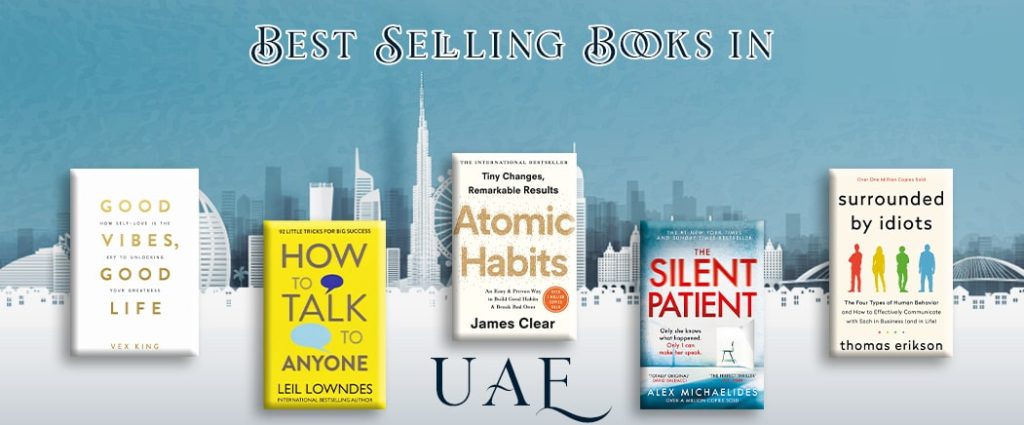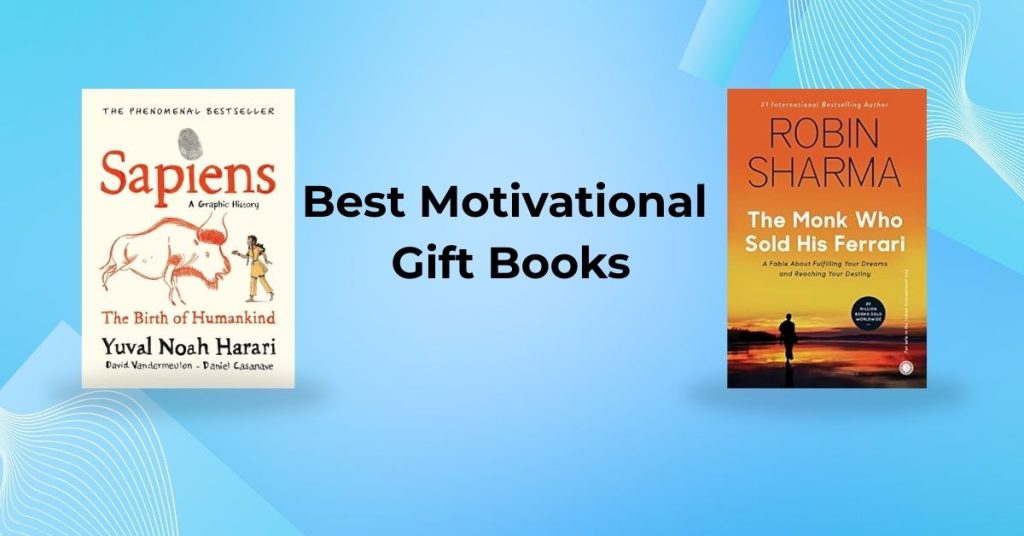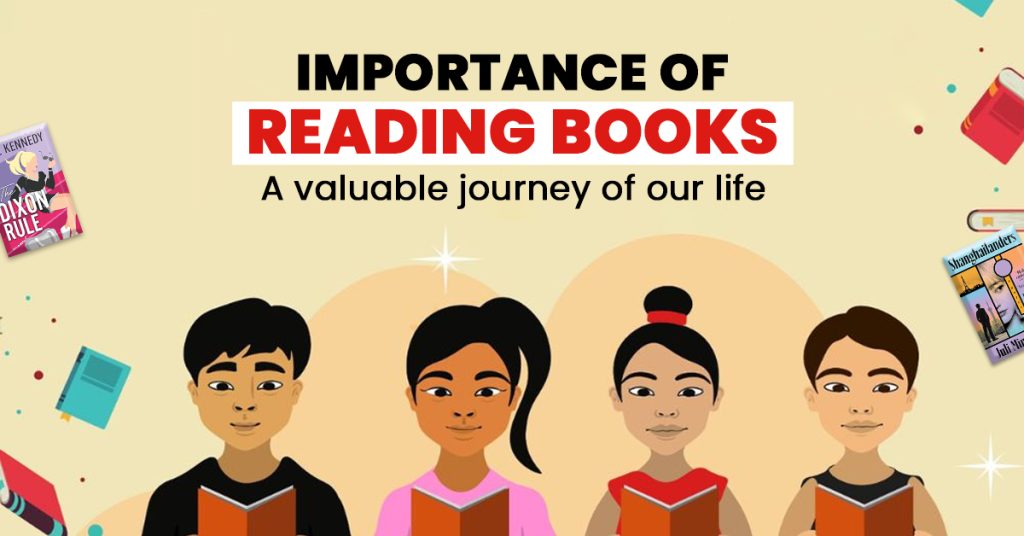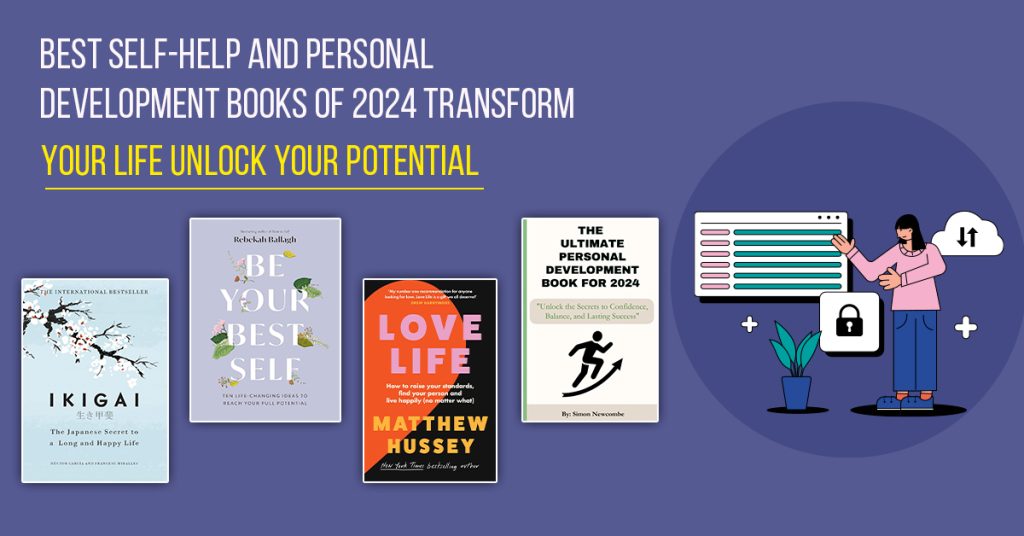In the modern, busy digitalized environment, there is little time to relax. We are constantly bombarded with notifications, news updates, and screen time. Amidst all this noise, one timeless habit continues to offer a powerful escape for the mind and a boost for mental health is reading.
Books have traditionally been the companions of people who want to know something, to feel good, have fun, or to escape. However, other than telling or teaching, there is another influence of reading on us mentally and emotionally. The advantages are not only deep but scientifically proven, in terms of the reduction of stress in individuals and enhancing brain functioning.
This blog discusses the benefits of reading on the brain, how it promotes mental health and a more balanced and emotionally resilient life.
The Neuroscience of Reading
When you read, you are not merely decoding symbols into words, you are simultaneously illuminating several parts of the brain. The left brain, concerned with words, functions in concert with the parts of the brain that handle emotion, memory, imagination, as well as physical sensations.
In fact, when you read about a character tasting something or feeling pain, the sensory parts of your brain are activated almost as if you are experiencing it yourself.
Such an involvement facilitates mental activity, enhances brain connections and even plasticity. MRI scan studies have indicated that long-term reading can result in long-term alterations in brain connectivity.
Reading Lowers Stress and Anxiety
Among the most famous mental health advantages of reading is its capacity to reduce stress. Books and fiction enable the reader to leave their own reality and enter the world of the book. This change of attention will assist in slowing down the heart rate and reducing the tension in the muscles. In the long run, these sedative effects may alleviate the chronic stress and anxiety disorder symptoms.
Emotional Intelligence and Empathy are Improved through Reading
Empathy is an attribute of literary fiction. When you follow a character’s inner thoughts, struggles and relationships, your brain practices “theory of mind”, the ability to understand others’ perspectives and emotions.
This enhances emotional intelligence and thus we are kinder-hearted in our day-to-day activities. It also improves the interpersonal relationship, making the readers relate better with others, socially and emotionally.
It Instills Strength and Resilience
It is typical in books to have characters who encounter some adversity, particularly those who have a memoir or a triumph story. Readers have a chance to be inspired as well as have a perspective on their own struggles as they read these journeys.
There are also self-help books and psychological material that provide the means to control emotions, establish boundaries, or cope with trauma. To those who have gone through the loss of a loved one, depression, or other stressful experiences, a well-chosen book will serve as a silent psychotherapist offering understanding, confirmation, and encouragement.
Reading Promotes Concentration and Attention
Reading, as compared to going through your social media feed or watching videos, requires you to pay your full attention. You need to slow down, think over the words and picture the story. This meditative concentration is like mindfulness, the act of living here and now.
Reading regularly enhances concentration, patience and mental clarity that is otherwise lost to our growing distracted lifestyles. It is an easy technique to exercise the brain to be in the moment, which is essential to mental health.
Reading Before Bed Can Improve Sleep
Many mental health issues are worsened by poor sleep. Establishing a nighttime reading habit, preferably with a physical book rather than a screen, can signal your brain to wind down. It assists the mind in forgetting what was worrying it throughout the day and going into a peaceful and steady rhythm.
Books are a way of accessing the world of the waking and the world of restful sleep. You need to avoid intense thrillers or heavy emotional content just before going to sleep.
Bibliotherapy Reading As a Curing Medicine
Bibliotherapy is an increasingly common practice by therapists and counsellors. It implies the application of books as a mental health treatment. It can be fiction that reflects some of the struggles that a reader has lived through or non-fiction with coping methods, but reading is the way to healing.
Numerous therapists assign certain titles depending on the emotional deficiencies of an individual, including loss, anxiety, loneliness, or trauma. It is a soft and self-oriented method of coping with challenging emotions.
Digital vs. Print
With the eBooks and audiobooks, you may be wondering whether the format is a reason to be concerned. Although both have their advantages, studies prove that reading a physical book has better memory recall and emotion engagement than reading digital versions.
At that, audiobooks remain a great choice among busy people, the visually impaired, or those with learning disabilities. It is the way you read, not how you read.
Examples of Books That Breathe Life Into Mental Wellness
Books like The Body Keeps the Score by Bessel van der Kolk offer profound insight into how trauma is stored in the body and how therapies like mindfulness, EMDR, and yoga can support healing, making it essential for anyone struggling with deep emotional wounds.
In Lost Connections, Johann Hari explores the root causes of depression and anxiety not just in the brain, but in the disconnection from meaningful relationships, wor,k and community, offering a hopeful and empowering path forward.
Radical Acceptance by Tara Brach teaches readers to let go of harsh self-judgment and embrace themselves with compassion, using mindfulness and self-awareness as tools for emotional freedom.
Lastly, The Stress Solution by Dr. Rangan Chatterjee presents practical, easy-to-implement lifestyle changes like digital detoxes, movement, sleep routines and gratitude that significantly reduce daily stress and enhance overall mental well-being.
Together, these books provide a holistic toolkit for understanding and improving mental health from the inside out. These are just a few numbers in the list; many more books can provide you with peace in the moment of stress.
Read a Book, Read Your Mind!
Reading is not only an activity, but an inexpensive and powerful mental health tool. Books are a solace to a busy world, a space of calm, of focus and frequently, a reflection of our own. They can motivate, revive and enable us to know each other and ourselves.
Whenever you open a book to page through it and find solace, to escape, or to gain knowledge, you should know that every book you pick is doing more for your brain than you may care to admit.
Ready to Reap the Benefits of Reading?
Explore a wide collection of fiction, non-fiction, self-help and more on BooksWagon AE. Whether you are starting a new habit or looking for your next favourite read, BooksWagon AE has the titles that will feed your mind and soothe your soul.
Frequently Asked Questions (FAQ)
Question 1. What is the benefit of reading and anxiety?
Answer: Reading helps diminish anxiety and distracts the nervous system, thereby making one feel in control and clear in a systematic way due to the orderly accounts.
Question 2. Which books are most appropriate for mental health?
Answer: It depends on your needs. Fiction creates sympathy and rest, self-help provides resources and suggestions, memoirs can give the long view, and poetry can be emotional.
Question 3. Is it possible to read an excess?
Answer: It could have a detrimental effect on mental health, but not in the usual sense, but reading disturbing content 24/7 or being overly escapist. Balance is key.
Question 4. Should one read in the morning or at night?
Answer: Both have benefits. Reading in the morning enhances concentration and innovation, and reading at nighttime encourages relaxation and sleep.
Question 5. What could I do to develop a reading routine to become mentally well?
Answer: Start small,10-15 minutes a day. Select books that you really like, establish a routine (such as before bed), and dedicate less time to the screen to have time to read.





